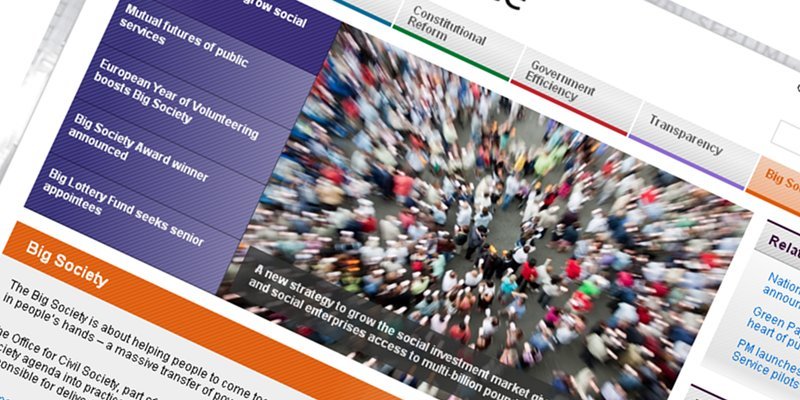The manager of a Dundee charity shop believes the voluntary sector will be able to play a key role as part of David Cameron’s ‘Big Society’.
Paul Smith, manager of the St Margaret of Scotland Hospice shop in Reform Street, believes the Prime Minister’s vision of more people volunteering to contribute towards the greater good is workable thanks to changing attitudes in society.
Mr Cameron this week restated his political goal, describing it as his “mission” to see more people take on more responsibilities in their communities, whether it be locals taking over the running of a community centre or religious groups forming a new school.
Mr Smith told The Courier, “When I started working with charities I must admit that I never thought of giving up my time for nothing. But I think it’s amazing and, having spoken to others, I know how much they get out of it as well.
“So much has happened in the past few years and attitudes have definitely changed towards working with charities. Before, people thought it was just old folk or people with something wrong with them who would volunteer but that’s not the case.
“We get a lot of youngsters wanting to volunteer, and that shows that the stigma towards volunteering is no longer there.”
One of the main criticisms of the government’s Big Society is that it will require the willpower of the public to succeed. Convincing community groups and charities to take active roles in society that previously may have been subsidised will require substantial manpower and for this to be forthcoming the Prime Minister will have to convince people that they, too, will benefit as a result.
But Mr Smith believes the arguments for getting involved in charity work are there for all to see as it is. Having spent 15 years in the sector, he says volunteering has helped many people gain work experience which is particularly valuable in the current economic climate.
“It’s a good way of getting people back into the workplace or helping people who just have time on their hands,” he said. “There was one woman who told me she wouldn’t know what to do with herself if it wasn’t for the shop.
“Some people may want to pursue a career in retail but might not have been able to get experience. Those people can come into charity shops, get those skills and take them to another job.”
